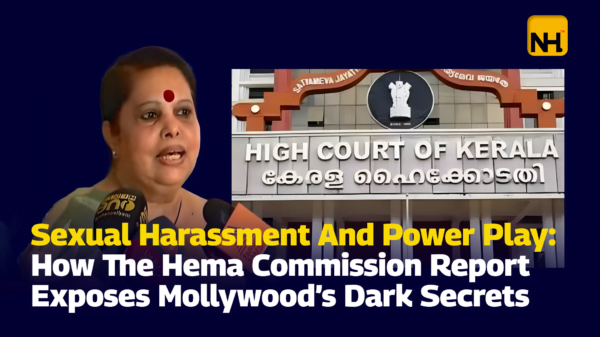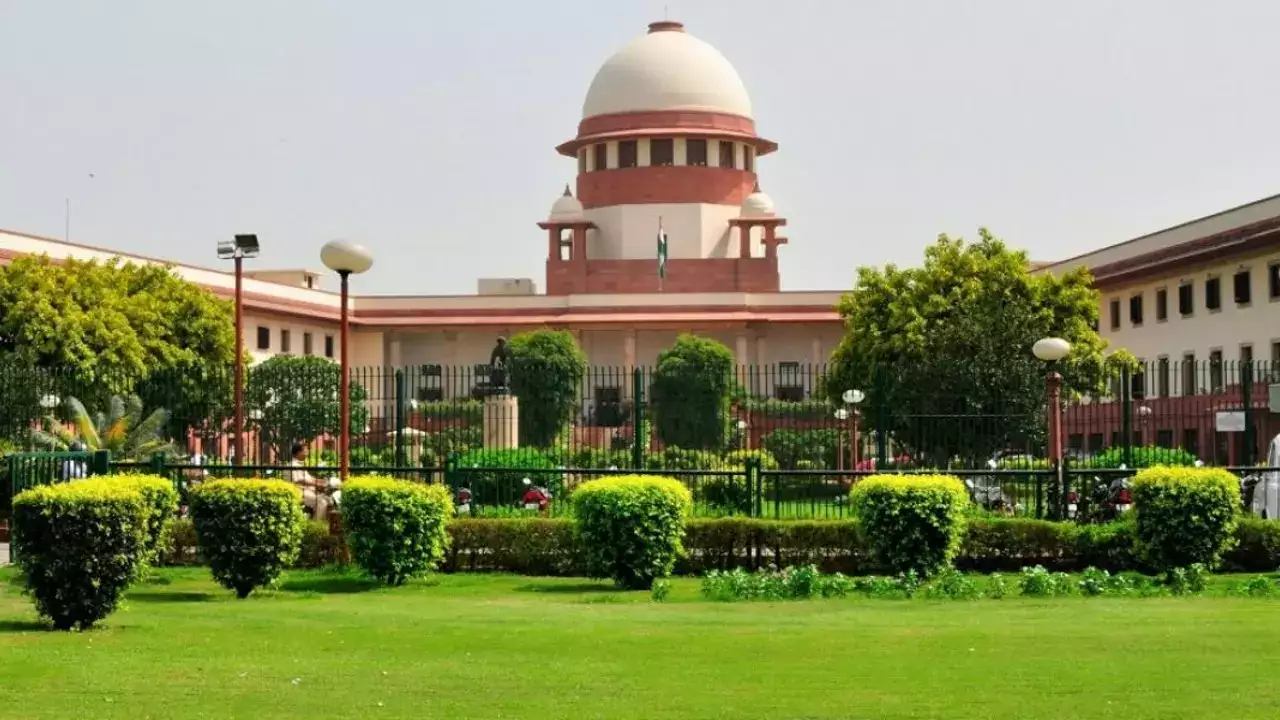The Supreme Court suspended a colonial-era penal provision of the sedition law on Wednesday, emphasising the importance of protecting civil liberties. The decision came after the Supreme Court gave the Centre a 24-hour deadline to decide whether to suspend Section 124A of the Indian Penal Code. The deadline was set to “protect the people” from arrests while the government examined the law.
The bench was led by Chief Justice of India NV Ramana, who issued an interim order. He stated that the provision should be put on hold until the Centre reviews the non-bailable section, which carries a prison sentence ranging from three years to life.
The bench, comprising of justices Surya Kant and Hima Kohli, said, “It will be appropriate not to use this provision of law till further re-examination is over. We hope and expect the Centre and states will desist from registering any FIR [First Information Report] under Section 124A or initiate proceedings under the same till the re-examination is over.”
The court also stated that those imprisoned under the said penal provision can approach trial courts to solve their grievances. Furthermore, the court denied the Centre’s request to stay the provision’s implementation, stating that it must balance civil liberty and state sovereignty.
However, the court stated that the Centre is free to issue additional guidelines to states and Union Territories on checking the misuse of the law.
Tushar Mehta, Solicitor General, stated that Section 124A should not be suspended because a Constitution Bench upheld its validity in the 1962 Kedar Nath Judgement. He further said, “Once there is a congisable offence, either the government or the court, by an interim order, staying the effect may not be a correct approach.”
Mr. Mehta proposed that the Centre could issue an advisory to the states and union territories stating that no new sedation cases should be filed without the written approval of a police officer of superintendent rank or higher. He also proposed that it be subjected to judicial scrutiny later on.
When asked about the pending cases, Mr Mehta stated that the severity of each case was unknown. While arguing he said, “There may be a terror angle or money laundering. Ultimately, the pending cases are before the judicial forum, and we need to trust the courts. What your lordships can consider is the bail applications may be decided expeditiously.”
However, the petitioners’ senior counsel, Kapil Sibal, countered Mr Mehta. He said, “This is wholly unacceptable to us. The government made the same argument when the validity of Section 66A of the Information Technology Act was being challenged. Then the court said that giving the power to an SP (superintendent of police) would mean nothing and that it would decide the validity of the law as it stands. The court said that if the law is unconstitutional, it is unconstitutional.”
He also stated that Section 124A must be stayed in its entirety or completely. The bench quickly announced a 15-minute recess and returned with the interim order.
References: Hindustan Times
Featured image source: The Times of India





















































































